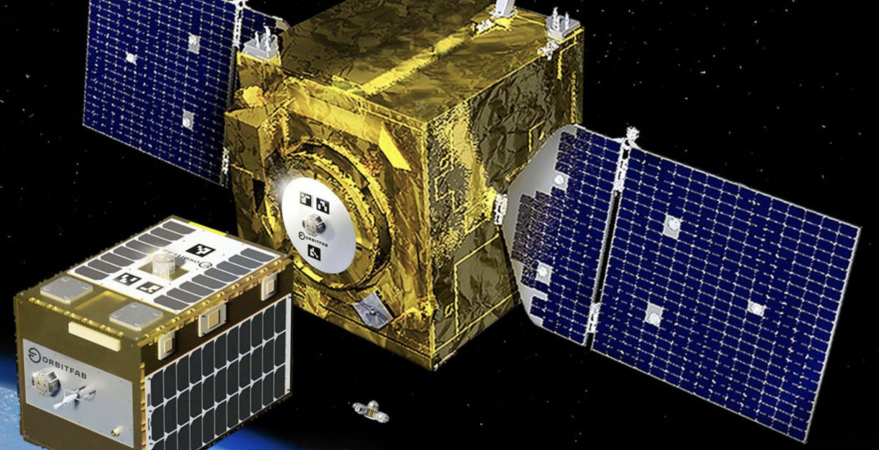There is a growing trend lately in big defense contractor companies such as Boeing, Raytheon, and Lockheed Martin investing in small space-based startups – companies such as Orbit Fab, which is developing capabilities to refuel satellites in space, or Terran Orbital, a startup working on nano- and micro- satellite technology. Analysts say this is a way for these big DoD based companies to remain innovative, due to the fact that many of them spend very little to foster research and development in their own companies. A vast majority of the R&D that does occur is funded by the government, with a purpose for a certain customer. However, by investing in – and partially owning – these small startups, these big companies can attempt to remain on the cutting edge of new space technology while maintaining their old ways. These startups do often look to big defense conglomerates such as Boeing or Lockheed for investment, but the line between investment and acquisition can be thin.
Many of these new space startups can be… lax about cybersecurity. These bigger investors, with more experience and resources, may push for the startups they’re investing in to increase their cybersecurity standards. Potential attackers could target hardware or software developed by these startups as a way into the larger defense companies, if they are being used by those companies or are on the same network. These attackers could be nation states or competitors looking for intellectual property or classified information. In this type of attack, critical data (of IP or classified secrets) would be most at risk.
While startups are at the cutting edge of innovation, they will need to increase their cybersecurity standards in the future in order to be utilized as part of critical space infrastructure.
